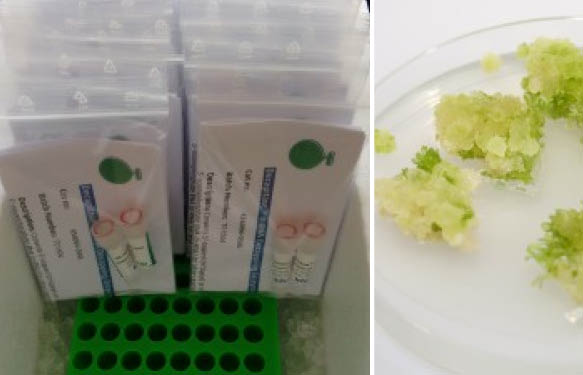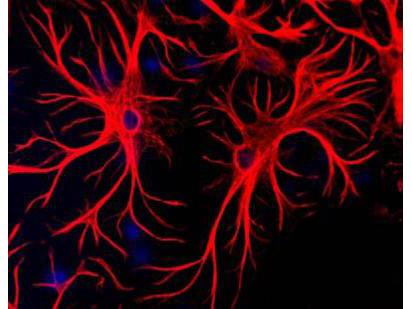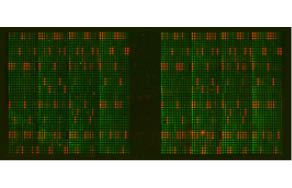
Extracellular adenosine 5′-triphosphate (ATP) is released by dying and damaged cells, and it acts on many immune cells to promote inflammation. On the other hand, the unphosphorylated
metabolite, adenosine, functions as an anti-inflammatory molecule. Two extracellular ecto-5´-Nucleotidases, CD39, and CD73, convert extracellular ATP to ADP/AMP and AMP to adenosine, respectively, leading to elevated levels of extracellular adenosine (Fig 1). These 2 proteins are expressed on a number of immune cells, and evidence suggests that they help control T cell differentiation and homeostasis through adenosine production. The adenosine is taken up by adenosine receptors (A2AR, A2BR) on T cells, where it strongly suppresses the immune response. The release of adenosine is counteracted by uptake and metabolism by either adenosine kinase (AK), which phosphorylates adenosine to form AMP, or by adenosine deaminase (ADA), which deaminates adenosine to inosine (Fig 1). Thus, the balance of ATP and adenosine levels forms a dynamic system that modulates the adaptive and innate immune responses.
Adenosine as a parameter in the tumour microenvironment
In addition to being expressed on immune cells, CD73 and CD39 are highly overexpressed on most tumour cells, leading to elevated levels of adenosine in the tumour microenvironment. Adenosine generated by tumour CD73 promotes tumour growth and metastasis by limiting antitumour T cell immunity. The excess adenosine impairs many cellular antitumour immune responses, including T cell activation, clonal expansion of tumour-specific T cells, tumour cell killing by CTL, and NK cell function. It is impossible to target adenosine directly in vivo, because adenosine has a short half-life (<10 seconds) and is vital for normal tissue functions. However, CD39 and especially CD73 have emerged as important novel targets for cancer immunotherapy. Inhibition of CD73 by an anti-CD73 monoclonal antibody triggered adaptive antitumour immunity and inhibited breast tumour growth and metastasis. Similarly, siRNA knockdown of CD73 on tumour cells led to long-term tumour-free survival of tumour-bearing mice. Anti-CD73 therapy could constitute a new and effective therapy for treating patients with cancer. Because adenosine signaling is an independent immune-regulating pathway, the combined treatment of CD73 blockade with monoclonal anti-CTLA-4 or anti-PD-1 is particularly promising for effective control of tumour growth. Additionally, adenosine metabolism is involved in the pathology of many other disorders, including AIDS, autoimmune diseases, atherosclerosis, infections, and ischemia, suggesting CD73 and CD39 could also be therapeutic targets for managing a variety of disease states.

Unique tools to investigate CD73 activity
BPS Biosciences recently launched the first available assay for detecting CD73 activity, which is available through tebu-bio in Europe. The CD73 Inhibitor Screening Assay Kit is designed to measure CD73 activity for screening and profiling applications. The CD73 assay kit comes in a convenient 96-well format, with purified recombinant CD73 enzyme, AMP, CD73 assay buffer, and Colorimetric detection reagent for 100 enzyme reactions. Typical results obtained with this assay are shown in Fig 2.
Active CD73 protein is also available, and furthermore, a CD39 assay kit and the and CD39 proteins will be launched very soon.
 Interested in learning more about tools like this?
Interested in learning more about tools like this?Subscribe to thematic newsletters on your favourite research topics.



